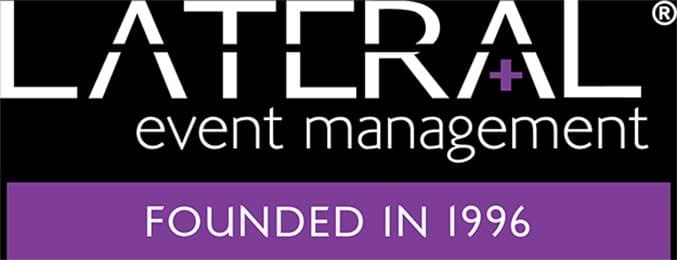Coping with event management stress
Coping with stress when you’re in the events business is, as Lynne Schinella says, is up to the individual.
The blood is pounding through your veins and your heart is pumping at two or three times the normal speed, sending food and oxygen to your muscles, lungs and brain. Your pupils dilate, allowing more light in. With this accentuated vision comes a sharpening of your other senses – smell and hearing. The hairs on your arms stand up making you appear larger and scarier. The mucus membranes in your nose and throat shrink to allow more air in the passages. Fat from fatty cells and glucose from the liver are metabolised to create instant energy. The tiny blood vessels under your skin close down so you can sustain a surface wound and not bleed to death. Endorphins are released to cover your pain which you won’t feel until later. You are ready to fight to the death or run like hell to escape defeat by a clearly superior foe. Are you facing a woolly mammoth?
No, but the lighting rig has just crashed onto the stage. The hotel is doing extensive renovations and no one told you during the site inspections. There’s no ice at the Pepsi launch in the tropics. The set and props for the opening party have ended up in Bangkok, not Dubai. The logo on the dessert is slush. Everyone got a welcome pillow gift except the CEO. The client is screaming at you for choosing the venue. Welcome to the modern world of hunting. Only this time you feel like the prey. Some of the reactions I’ve been describing may be familiar to you. That’s because they’re an ancient response that we as human beings have had for thousands of years. When faced with a stressful situation, we get ready to fight, or run the hell away.
The thing is that these days, among most grown-ups, it’s not socially acceptable to run a spear through the banquet manager or use an axe on the check-in agent. You’re expected to react with all the emotional maturity you can muster and squash all these perfectly natural, perfectly evolved primitive responses. In order to save myself from a heart attack, when my sons were small, I soon learned to put every event in one or two catagories; life threatening, or not.
Because every time your body triggers this response for situations that aren’t life threatening, you experience a false alarm. How long does it take you to calm yourself down? And every time this happens you build up stress in your body. And there’s plenty of research around to suggest that stress can lead to disorders such as heart disease, high blood pressure, cancer, dodgy immune systems and erectile dysfunction. (Look, I’m not really sure about the last one but I reckon there are a few people who could support this claim). When things go wrong, as they inevitably do if human beings are involved, you need to have a personal strategy to combat it. If you can, remove yourself for a moment. Breathe deeply. Talk to someone sympathetic. Get other points of view. Exercise. But if the woolly mammoth is confronting you there and then, you had better make sure your spear is sharpened and you have all the weapons you need to take him on, with as little damage to yourself as possible.
Lynne Schinella is a director of Ripe Learning, a company providing communications skills and lifestyle training. She can be contacted on[email protected].
Tags: Corporate Events, Event Planning, Tips
